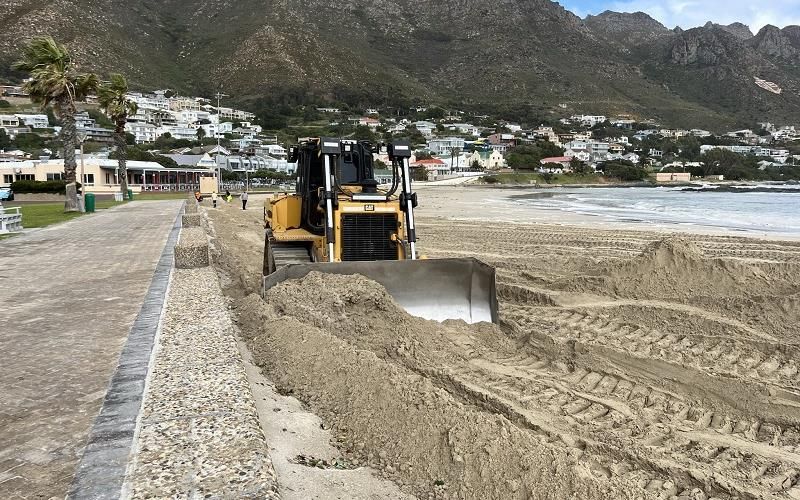The University of KwaZulu-Natal (UKZN) has taken a bold step in addressing the deep-rooted issue of gender-based violence and gender inequality within educational institutions by introducing a compulsory module on these topics as part of its academic curriculum. The Commission for Gender Equality (CGE) views this initiative as a progressive step and commends UKZN for its proactive approach.
UKZN Takes the Lead
Universities are microcosms of the society they inhabit, making it crucial for them to confront and tackle the societal ills that affect the broader population. The CGE has conducted gender transformation public hearings at various higher learning institutions over the past three years, assessing the institutions’ safety measures in response to gender-based violence. The CGE recommended that all institutions develop interventions to create safe working and learning environments for their staff and students. In response, UKZN has introduced a mandatory module on gender-based violence and gender inequality, fostering a culture of awareness and sensitivity around these issues.
A Message to Other Institutions
Advocate Nthabiseng Sepanya-Mogale, the Chairperson of the CGE, commends UKZN for spearheading the implementation of this module and expresses hope that other higher learning institutions would follow suit. The introduction of this compulsory module on gender-based violence and gender inequality at UKZN serves as a beacon of hope in a world grappling with the widespread effects of these issues. By opening a dialogue and confronting the realities of sexual and gender-based violence in an educational setting, the university is paving the way for future generations to tackle these issues head-on. The hope is that other higher learning institutions will take note and follow UKZN’s lead, creating a more inclusive, equitable, and safe environment for all.
Monitoring Progress and Offering Advice
The CGE plans to actively monitor the progress of higher learning institutions in implementing its recommendations and ensure a focused approach to eradicating gender inequality and oppression in all forms. It also plans to offer advice on safety plans and encourage other universities to adopt the lessons pioneered by UKZN.
Empowering Future Generations
The integration of modules on gender-based violence and gender inequality into the curriculum empowers students with the knowledge and tools to challenge and change the status quo. As more universities recognize the importance of addressing gender-based violence and inequality, society can expect to see a positive shift in the awareness and understanding of these crucial issues.
UKZN’s introduction of a compulsory module on gender-based violence and gender inequality signifies a crucial step forward in the fight against these pervasive issues. By promoting awareness and fostering understanding within an academic setting, UKZN is effectively laying the groundwork for a brighter, more equitable future.









